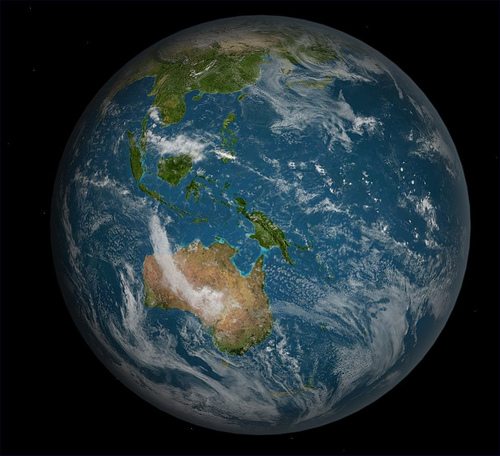

Environment
Global warming could shrink mammals, scientists find
Researchers have discovered a set of fossils that suggest mammals shrink in order to cope with higher temperatures, raising questions as to the future of human evolution in the face of global warming.
Teams from a variety of universities from across the world analysed fossils from the Paleocene-Eocene Thermal Maximum, a period of hot climate 55m years ago. They found that ancestral primates of deer and horses were significantly smaller.
A horse ancestor, known as hyracotherium, showed a 30% decrease in body size during this period, in which temperatures are believed to have risen by 6C over 100,000 years.
A second period, known as the Eocene Thermal Maximum 2, occurred 53m years ago and lasted between 80,000 and 100,000 years. Despite a much smaller average temperature rise over this timeframe, warming is also believed to have shrunk mammals by about 19%.
Philip Gingerich of the University of Michigan said, “The fact that it happened twice significantly increases our confidence that we are seeing cause and effect, that one interesting response to global warming in the past was a substantial decrease in body size in mammalian species.”
It is thought that the two ancient periods of warming were caused by the release of gases such as methane from the seabed, but there are fears that global warming could trigger similar responses if greenhouse gases continue to be released into the atmosphere in high volumes.
Further reading:
Friends of the Earth analyses UK’s carbon budget
Arctic temperatures at 44,000-year high
Rising carbon dioxide will amplify El Niño, say scientists
Costing the Earth: Intergovernmental Panel on Climate Change


 Environment12 months ago
Environment12 months agoAre Polymer Banknotes: an Eco-Friendly Trend or a Groundswell?

 Features11 months ago
Features11 months agoEco-Friendly Cryptocurrencies: Sustainable Investment Choices

 Features12 months ago
Features12 months agoEco-Friendly Crypto Traders Must Find the Right Exchange

 Energy11 months ago
Energy11 months agoThe Growing Role of Solar Panels in Ireland’s Energy Future




























